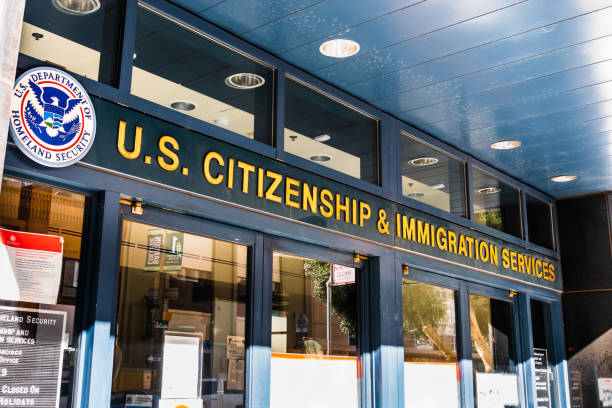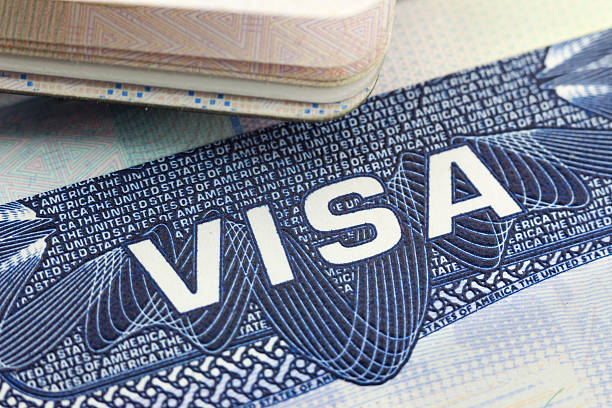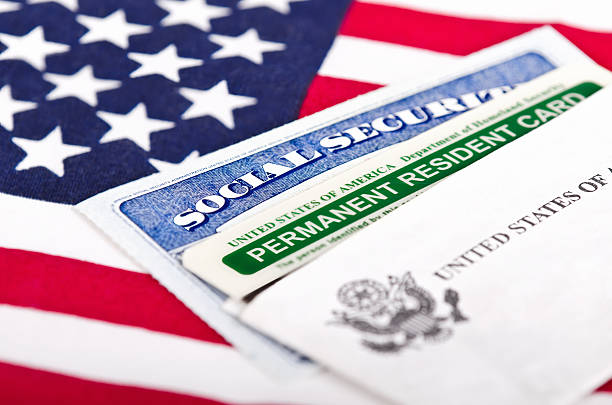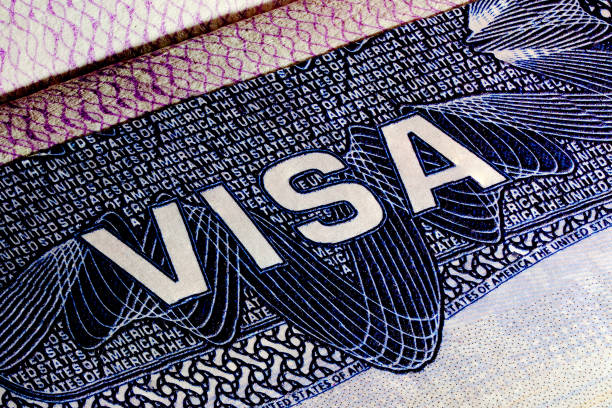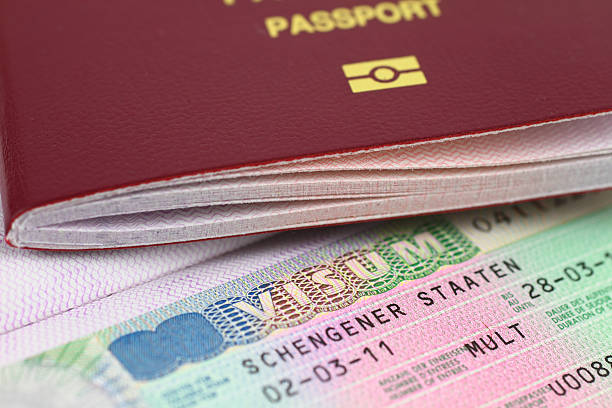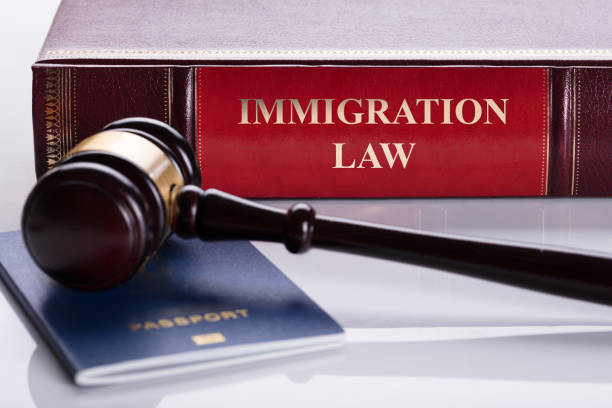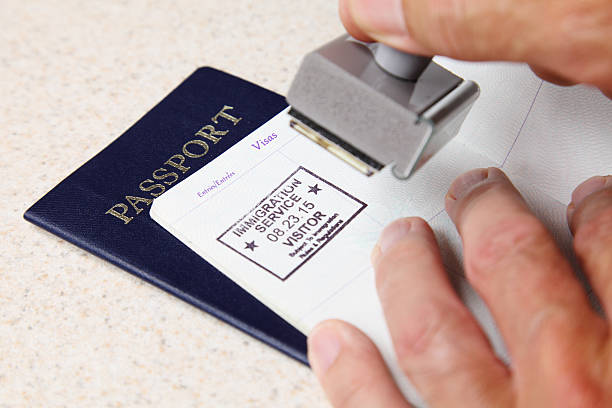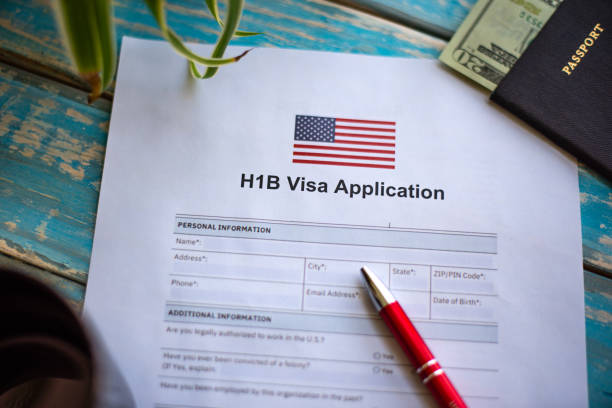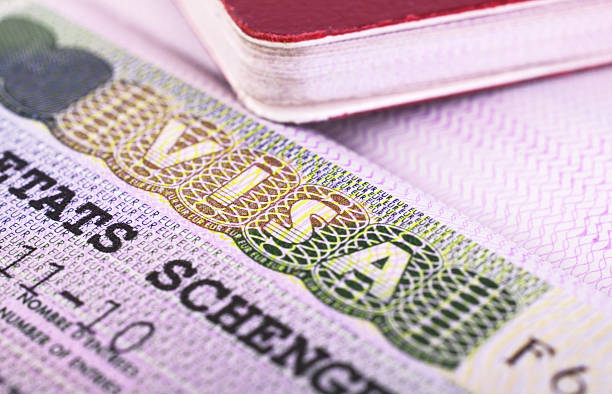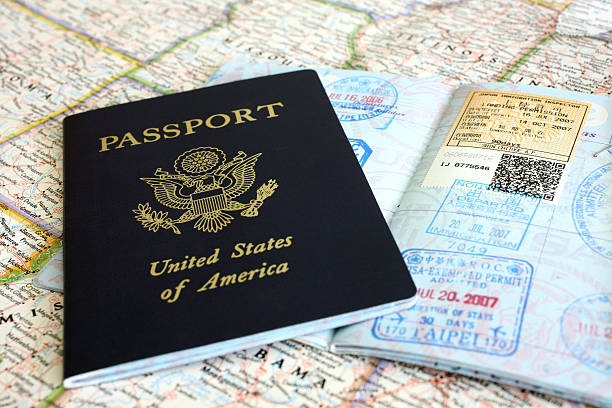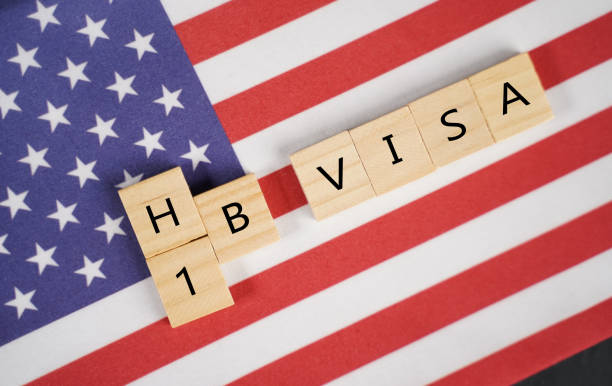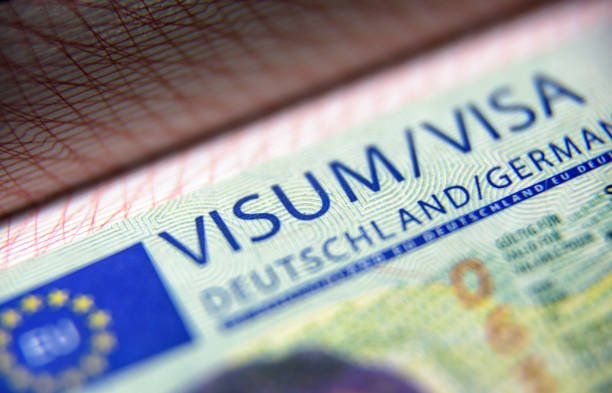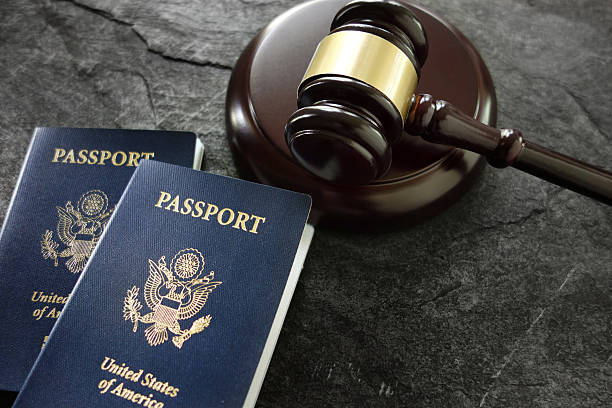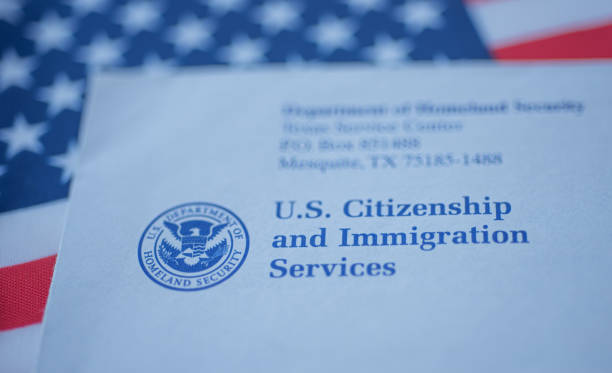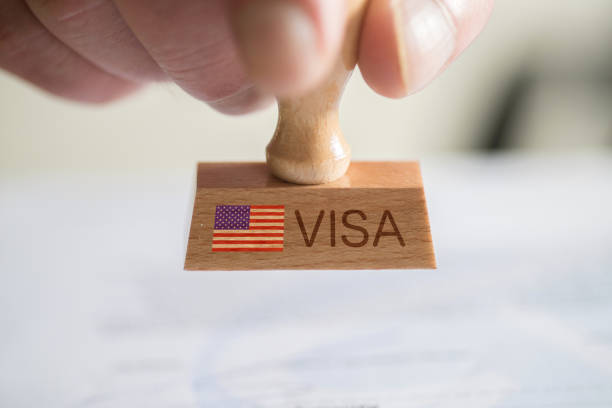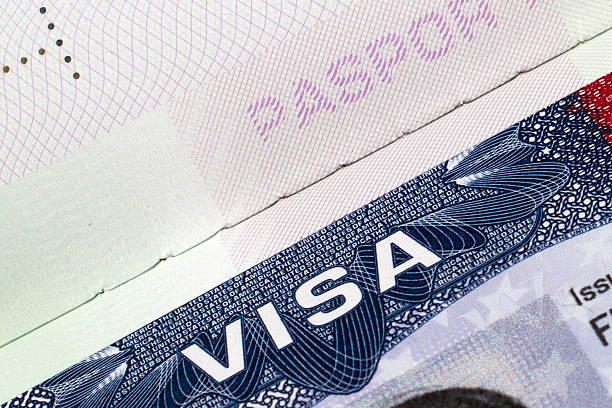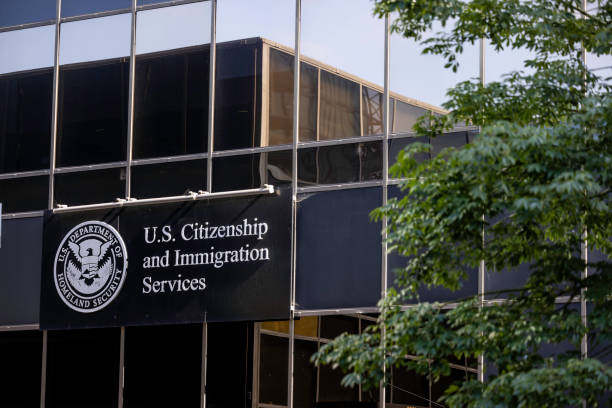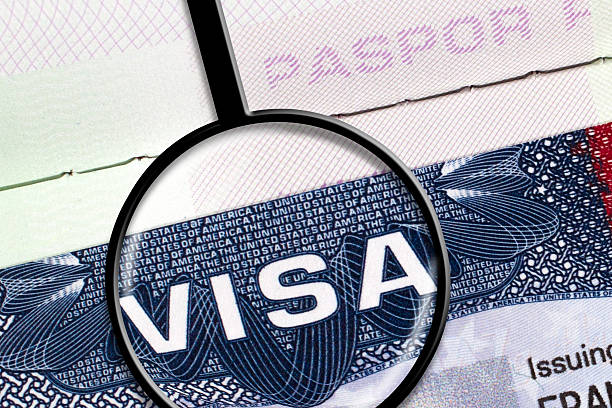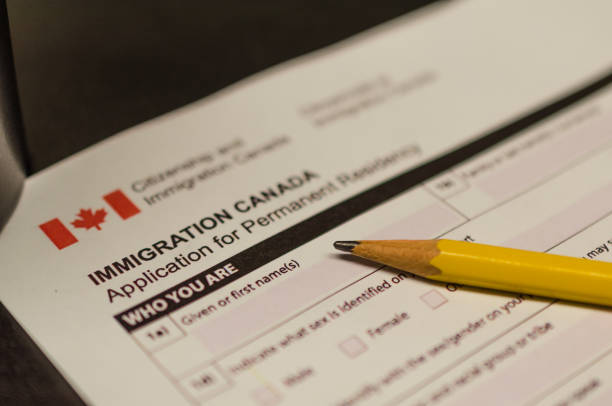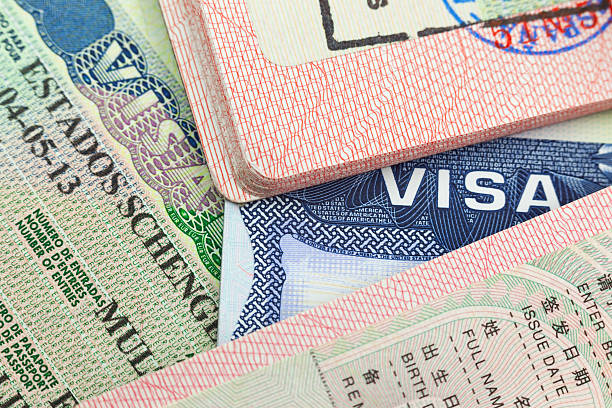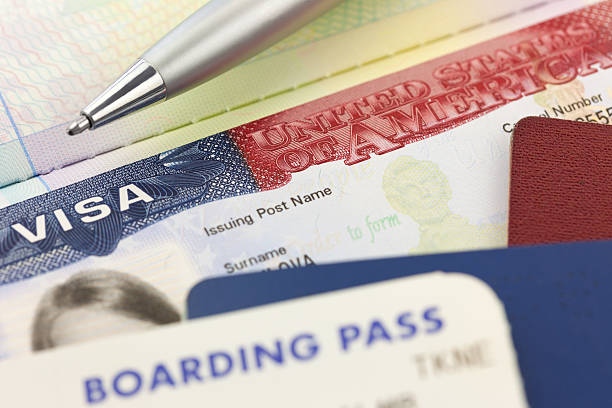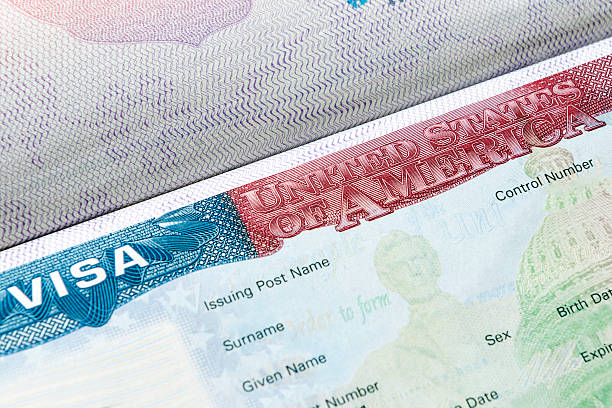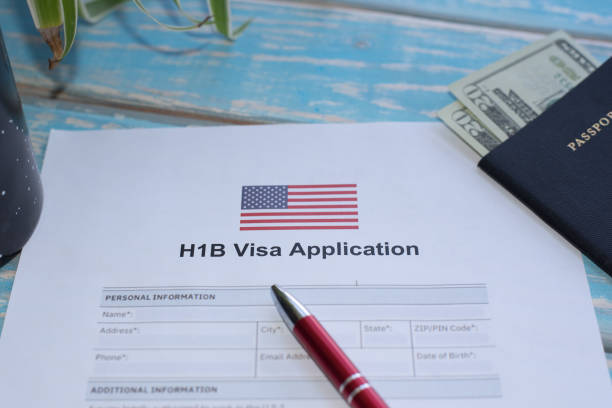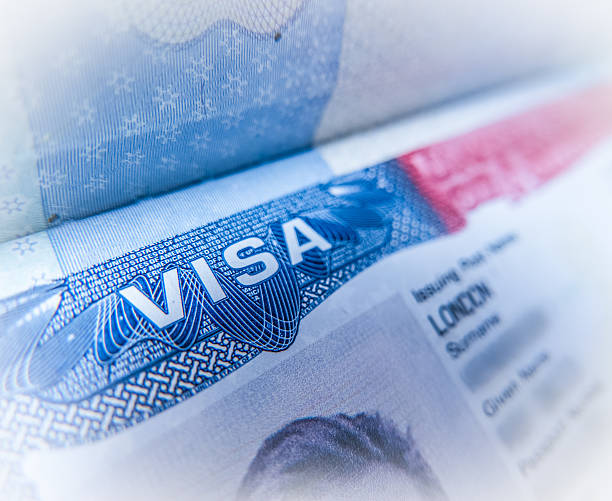
The Benefits of Dual Citizenship
The Benefits of Dual Citizenship
Dual citizenship, also known as dual nationality, allows an individual to be a citizen of two countries simultaneously. This status provides numerous advantages, offering a unique blend of rights and opportunities in both countries. Understanding the benefits of dual citizenship can help individuals make informed decisions about pursuing this status. Here, we explore the various advantages that come with holding citizenship in two countries.
Increased Travel Freedom
One of the most significant benefits of dual citizenship is the increased freedom of travel. Dual citizens can travel, reside, and work in either country without the need for additional visas or permits. This can be particularly advantageous for individuals who frequently travel for work, family, or leisure. Additionally, dual citizens may have access to a broader range of visa-free or visa-on-arrival countries, depending on the agreements between their countries of citizenship.
Access to Social Services and Benefits
Dual citizens are entitled to the social services and benefits of both countries. This can include healthcare, education, social security, and other public services. Access to these services can provide a higher level of security and quality of life, ensuring that dual citizens can benefit from the best aspects of both countries' systems.
Economic Opportunities
Holding dual citizenship can open up various economic opportunities. Dual citizens can work, own property, and invest in both countries without the restrictions faced by non-citizens. This flexibility can lead to better job prospects, business opportunities, and financial growth. Moreover, dual citizens can take advantage of different tax regimes and financial systems, potentially optimizing their financial strategies.
Cultural Enrichment
Dual citizenship provides a unique opportunity for cultural enrichment. Individuals can immerse themselves in the traditions, languages, and customs of both countries. This cultural duality can enhance personal development, broaden perspectives, and foster a deeper understanding of global diversity. It also allows dual citizens to maintain strong ties with their heritage while embracing a new culture.
Educational Opportunities
Dual citizenship can provide access to educational institutions in both countries, often at local tuition rates. This can significantly reduce the cost of education while expanding the range of available academic programs and institutions. Dual citizens can also take advantage of scholarships, grants, and other educational benefits offered by both countries.
Political Rights and Participation
Dual citizens have the right to vote and participate in the political processes of both countries. This includes voting in elections, running for public office (where permitted), and engaging in civic activities. Having a voice in two countries' political systems can empower individuals to influence policies and decisions that affect their lives and communities.
Family Reunification
Dual citizenship can simplify the process of family reunification. Dual citizens can sponsor family members for residency or citizenship in either country more easily than non-citizens. This can help families stay together and provide support to relatives in times of need.
Security and Stability
Having dual citizenship can offer an additional layer of security and stability. In times of political or economic instability in one country, dual citizens have the option to relocate to their other country of citizenship. This can provide a safety net and peace of mind, knowing that they have an alternative place to call home.
Flexibility in Retirement
Dual citizenship can offer retirees more options for where and how they choose to spend their retirement years. Retirees can benefit from the healthcare and social services in both countries, enjoy diverse cultural experiences, and potentially benefit from favorable tax treatments. This flexibility can lead to a more fulfilling and financially stable retirement.
Challenges and Considerations
While dual citizenship offers many benefits, it also comes with challenges and considerations. Dual citizens must navigate the legal and bureaucratic requirements of both countries, which can sometimes be complex. They may also face double taxation, depending on the tax agreements between the countries. It is essential to understand and comply with the laws and obligations of both citizenships to avoid legal issues.
Conclusion
Dual citizenship provides a wealth of benefits, from increased travel freedom and economic opportunities to cultural enrichment and political participation. By holding citizenship in two countries, individuals can enjoy the best of both worlds, enhancing their quality of life and expanding their horizons. However, it is crucial to be aware of the responsibilities and challenges associated with dual citizenship to make the most of its advantages. For those who qualify, dual citizenship can be a valuable and rewarding status, offering a unique blend of rights, privileges, and opportunities.








